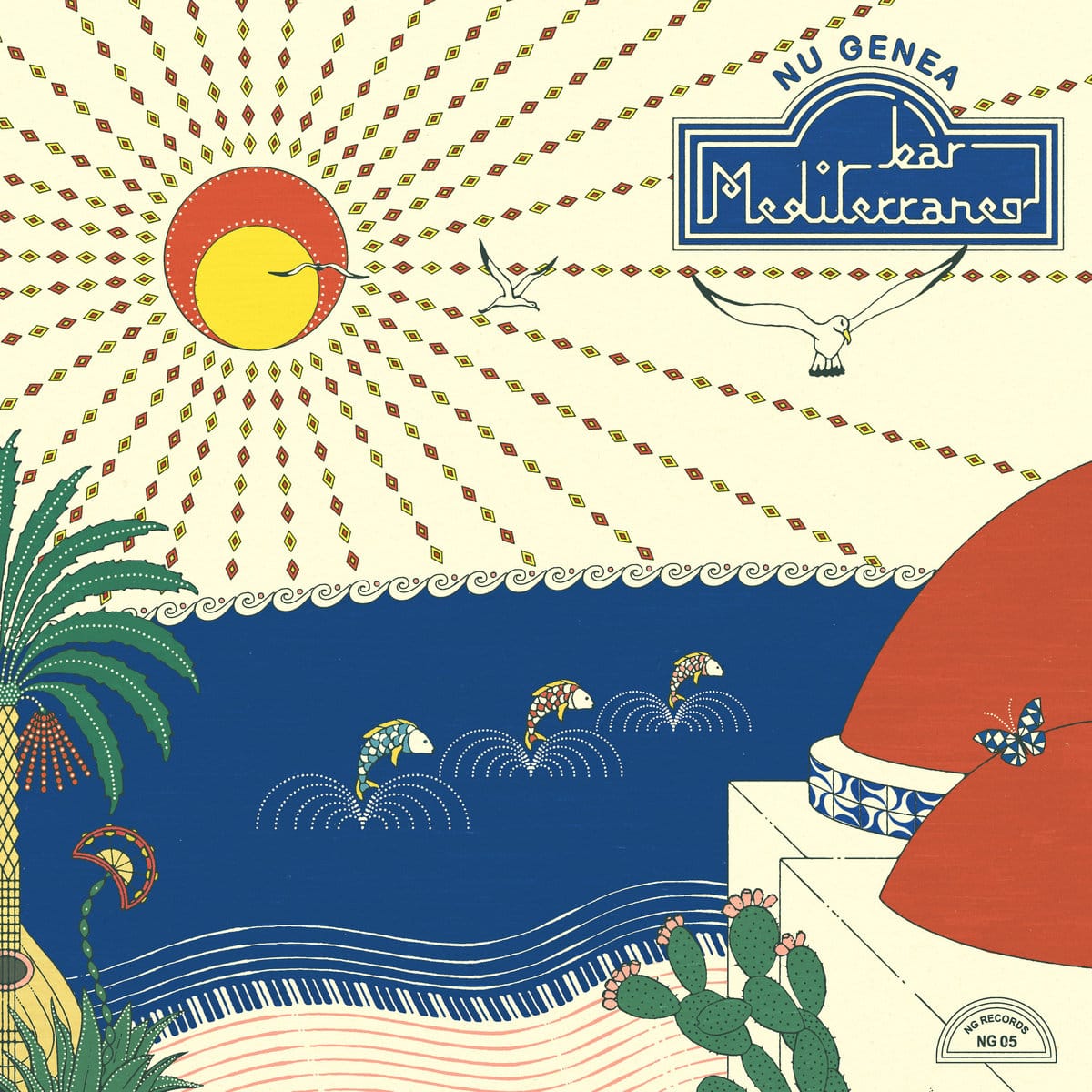Few European cities incite as much cognitive dissonance as Naples. An outlier whose identity is separate from the rest of Italy, but is continually misrepresented as the collective hallucination produced by the lights of Gomorrah’s set. In the same breath, the Campanian region will be hailed for its Mediterranean architecture and christened as the birthplace of God himself, while remaining home to the current Serie A champions and two of the country’s most innovative musicians in Pino Daniele and Pino D’Angio.
The latter’s infectious flirtations with disco would launch an era of futuristic and unmistakably Balearic funk this side of the Amalfi Coast. Its rarity came in abundance, as several singles by the likes of Oro and Pino Amoroso were only recently compiled by the likes of NG Records in 2018. Periodica Records would follow soon after, releasing full-length LPs from Rosa and Tonino Balsamo.
If one were to turn to the current state of Neapolitan music today, they would find that the Campanian capital continues to author itself in the works of artists like La Maschera and Banda Maje. Though no group has addressed Naples’ own need to create spaces designed for music more than Nu Genea. By and large, the most recognizable contemporary Neapolitan act, Massimo di Lena and Lucio Aquilina’s sophomore album brings this issue to light through a conceptual space that interacts with the music of various global cultures.
Bar Mediterraneo’s musical textures are collated from the lives of travellers whose stories are as far-reaching as the Tunisia of Marzouk Mejri and the propulsive Ney flutes of “Gelbi,, and as delicate as the Cameroon of Celia Kameni and her vocal prowess on “Tienate.”
Sun-kissed synths drift in and out of its titular space, leaving behind unique voices that eventually embed themselves into a neomelodic sound before dissolving into secrecy, and waiting to be discovered once again. Even its closer “Vesuvio” – a reinterpretation of the folk song by working-class band E Zezi – combines the raw voices of a school choir with cosmic arpeggios and samba-tinged rhythms.
In celebrating the album’s vocal diversity, Nu Genea abides by the musical identity that Naples has shaped for itself. Its voice is as immortal as the music it creates, including Bar Mediterraneo’s own, whose secrets remain unspoken so long as its endless dance tips its hat to the past. Nu Genea are as boundless as Neapolitan music gets, and its Balearic futures are cemented in a time period that doesn’t exist. For all the secrets that Naples continues to hold, its music is present enough for a thousand colours to be revealed.









